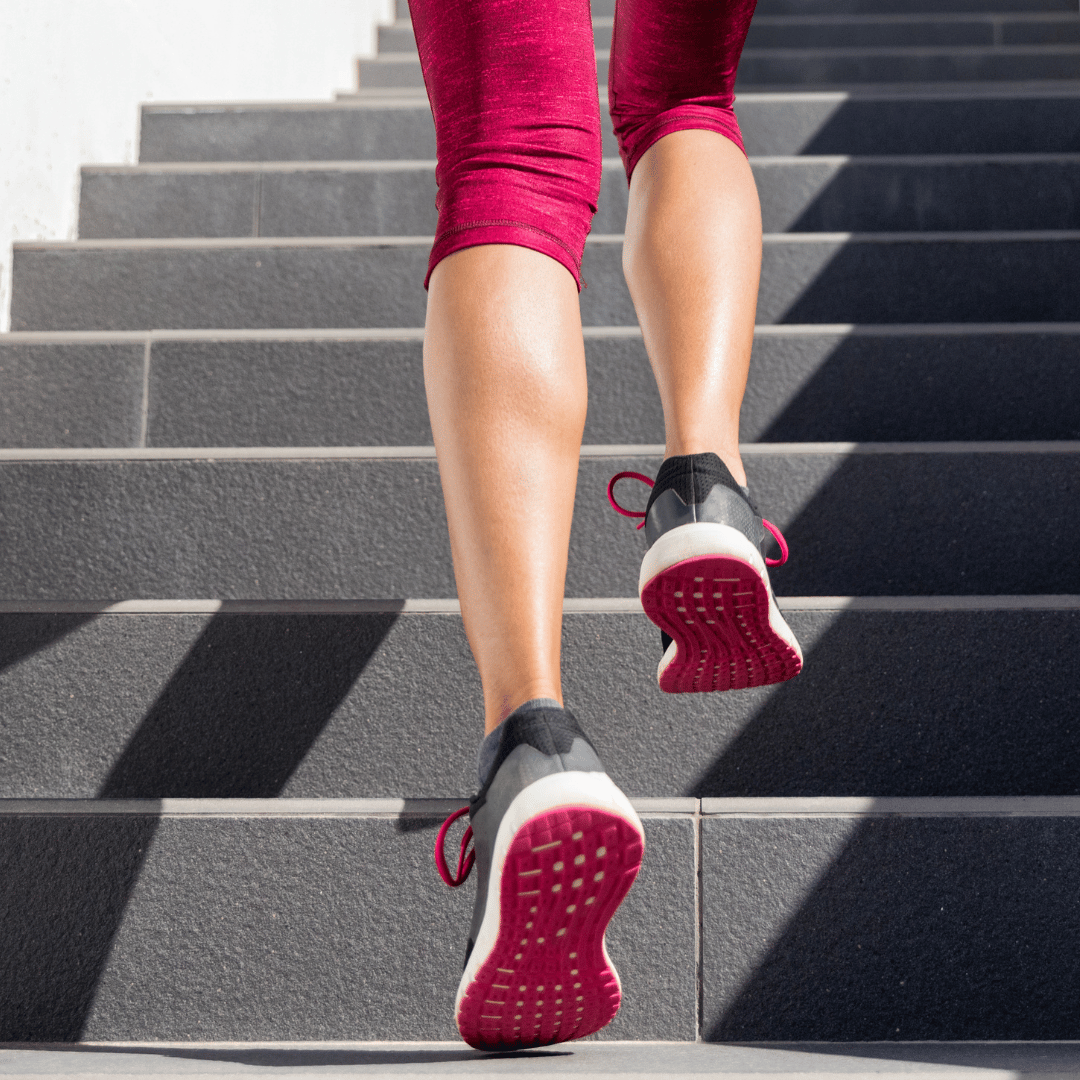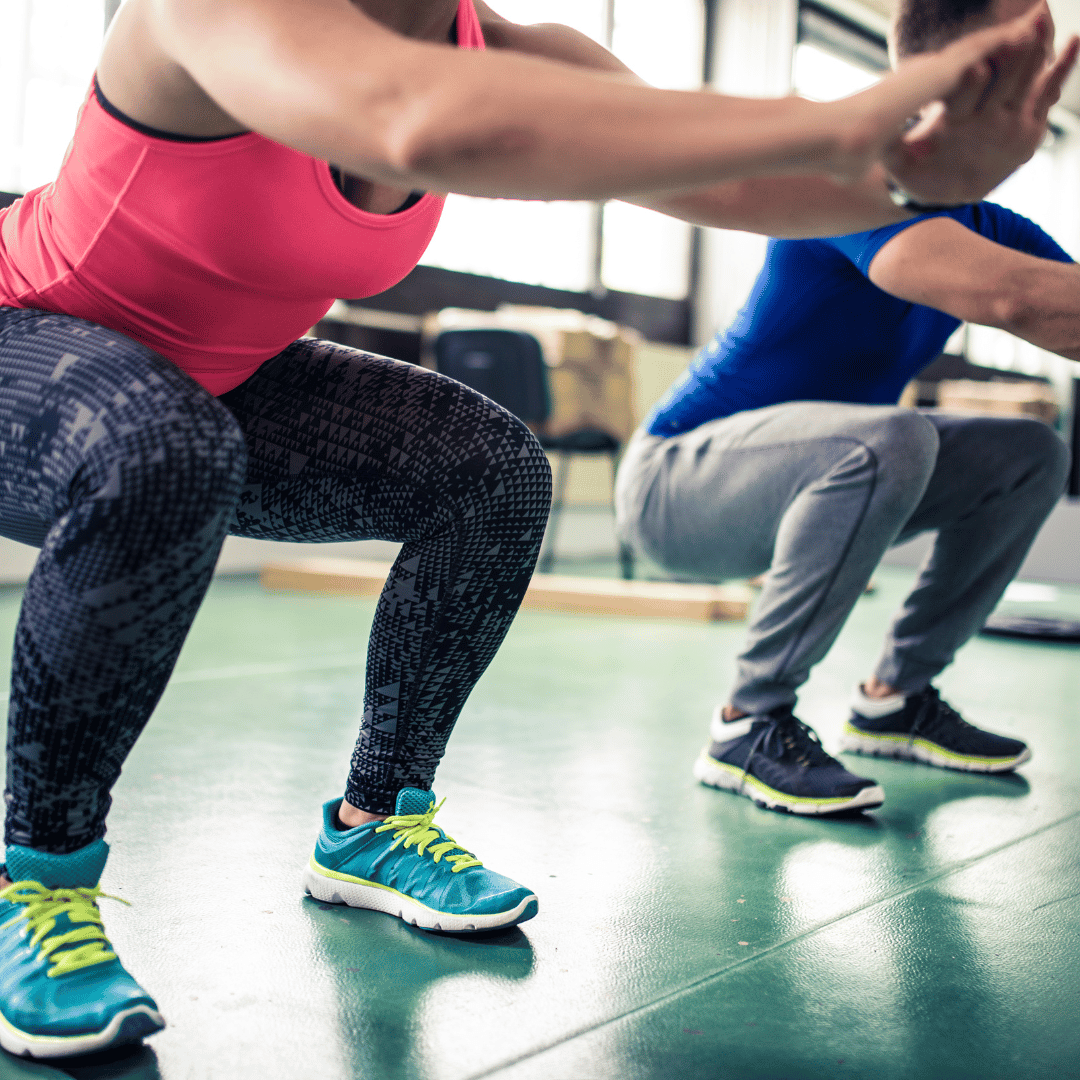Cardiovascular exercise is an essential component of any fitness program. It helps to improve heart health, increase stamina, and burn calories. However, not all cardio is created equal. High-Intensity Interval Training (HIIT) and Low-Intensity Steady-State (LISS) are two different approaches to cardiovascular exercise, each with its unique benefits. In this article, we will explore the advantages of HIIT and LISS and how to incorporate them into your training program.
Benefits of Cardiovascular Exercise
Before we dive into the different types of cardio, it's essential to understand the benefits of cardiovascular exercise in general. Here are some of the most significant benefits of regular cardiovascular exercise:
Improves Heart Health
Cardiovascular exercise helps to strengthen your heart muscles, lower blood pressure, and reduce the risk of heart disease.
Increases Stamina
Cardiovascular exercise helps to improve endurance and increase stamina by improving the body's ability to use oxygen.
Burns Calories
Cardiovascular exercise is an effective way to burn calories, which can help with weight loss or weight maintenance.
Reduces Stress
Cardiovascular exercise has been shown to reduce stress and improve overall mental health.
Boosts Immunity
Regular cardiovascular exercise has been shown to boost the immune system, reducing the risk of illness and disease.
Understanding HIIT
High-Intensity Interval Training (HIIT) is a cardiovascular exercise that involves short bursts of intense activity followed by periods of rest. The idea behind HIIT is to push your body to its limits during the intense periods, allowing it to recover during the rest periods. HIIT can be done with any type of cardio, including running, cycling, and rowing.
Advantages of HIIT
Efficient
One of the most significant advantages of HIIT is that it's an efficient way to get a cardiovascular workout. HIIT sessions are typically shorter than traditional cardio sessions, but they can be just as effective.
Burns Fat
HIIT has been shown to be effective at burning fat, even after the workout is over. This is because the intense periods of activity increase the body's metabolic rate, causing it to continue burning calories long after the workout is finished.
Increases Endurance
HIIT helps to increase endurance by pushing the body to its limits during the intense periods. Over time, this can help to improve overall cardiovascular fitness.
Understanding LISS
Low-Intensity Steady-State (LISS) cardio involves maintaining a steady pace for an extended period, typically 30 minutes or more. LISS can be done with any type of cardio, including walking, jogging, or cycling.
Advantages of LISS
Low-Impact
LISS is a low-impact form of cardio, making it a great option for individuals with joint issues or those recovering from an injury.
Low-Stress
LISS is a low-stress form of cardio, making it a great option for individuals who are new to exercise or looking for a more relaxed workout.
Increases Fat Oxidation
LISS has been shown to be effective at burning fat, especially when done in a fasted state. This is because the body is forced to use stored fat as energy when glucose levels are low.
Incorporating HIIT and LISS into Your Training Program
Now that we understand the benefits of HIIT and LISS let's discuss how to incorporate them into your training program. The key is to find the right balance between the two.
Finding the Right Balance
The right balance between HIIT and LISS will depend on your fitness goals, current fitness level, and schedule.
As a general guideline, it's recommended to incorporate HIIT 1-2 times per week and LISS 2-3 times per week. However, this can vary depending on your individual needs.
HIIT Workouts
When incorporating HIIT into your training program, it's important to start slowly and gradually increase the intensity and duration over time. Here's an example of a beginner HIIT workout:
- Warm-up: 5 minutes of walking or jogging
- Intense period: 20 seconds of sprinting
- Rest period: 40 seconds of walking or jogging
- Repeat steps 2-3 for a total of 10 minutes
- Cool-down: 5 minutes of walking or jogging
LISS Workouts
When incorporating LISS into your training program, it's important to maintain a steady pace throughout the workout. Here's an example of a beginner LISS workout:
- Warm-up: 5 minutes of walking or jogging
- Steady-state period: 30 minutes of brisk walking or cycling
- Cool-down: 5 minutes of walking or cycling at a slow pace
Conclusion
HIIT and LISS are two effective approaches to cardiovascular exercise, each with its unique benefits. HIIT is an efficient way to burn calories and improve endurance, while LISS is a low-impact and low-stress way to improve cardiovascular fitness and burn fat. By finding the right balance between the two, you can create a well-rounded training program that meets your individual needs.
FAQs
Is HIIT better than LISS for weight loss?
Both HIIT and LISS can be effective for weight loss, but it ultimately depends on your individual needs and preferences.
How often should I incorporate HIIT and LISS into my training program?
It's recommended to incorporate HIIT 1-2 times per week and LISS 2-3 times per week, but this can vary depending on your individual needs.
Can I do HIIT and LISS on the same day?
Yes, it's possible to do both HIIT and LISS on the same day, but it's important to listen to your body and not overdo it.
Can I do HIIT and LISS if I have joint issues?
LISS is generally a better option for individuals with joint issues, but it's important to consult with a healthcare professional before starting any new exercise program.
How long should my HIIT and LISS workouts be?
The length of your HIIT and LISS workouts will depend on your individual needs and fitness level, but a good starting point is 10-30 minutes for HIIT and 30-60 minutes for LISS.










Leave a comment
This site is protected by hCaptcha and the hCaptcha Privacy Policy and Terms of Service apply.